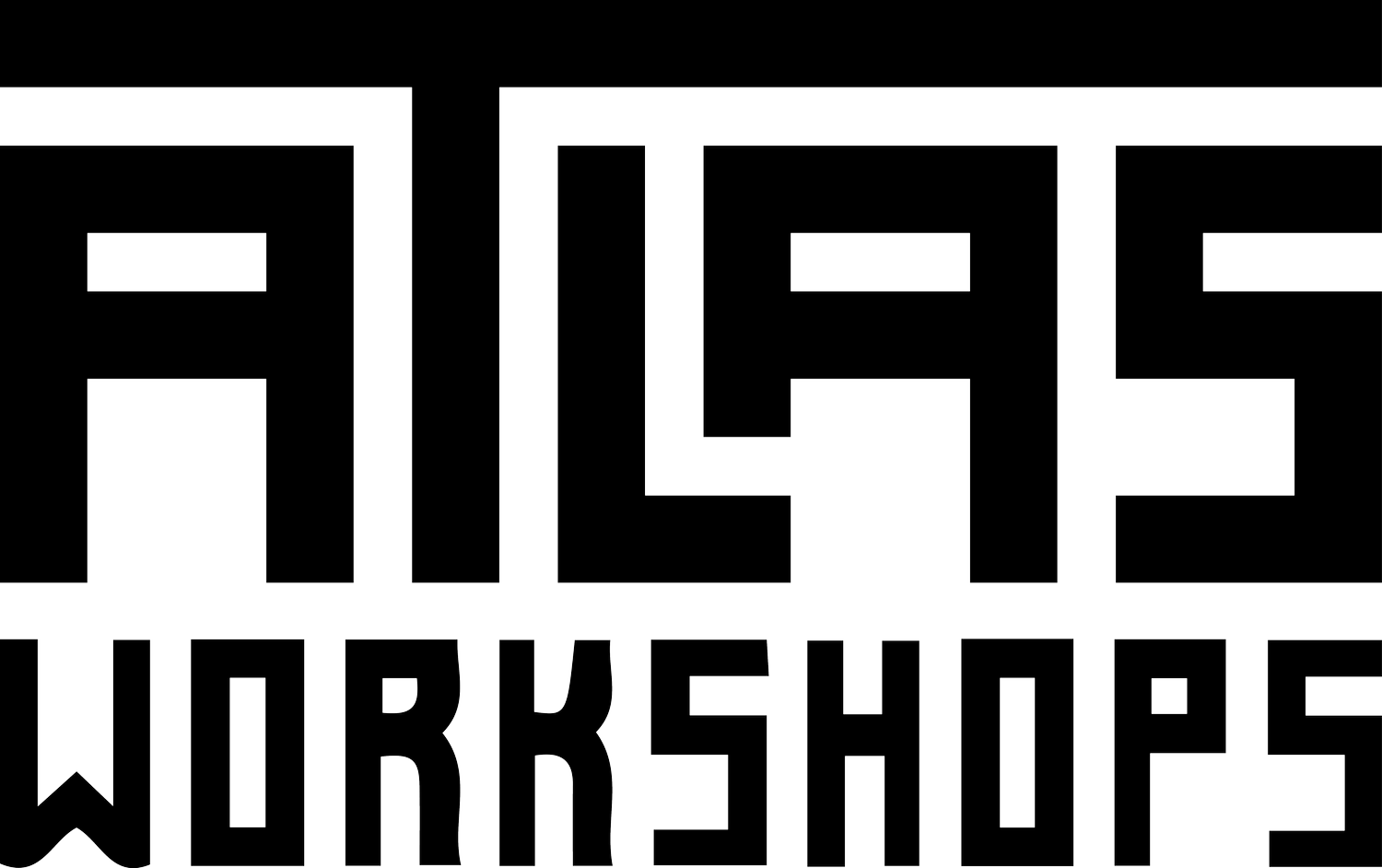Let’s Make It Personal
Geography Was My Nemesis
AFRICA. Mr. Lassiter’s latest map quiz sent me into a cold, desperate panic.
There are 54 countries in Africa now; when I was in eighth grade trying to remember the names of each country and their order within those ambiguously drawn borders, there were just 53 (South Sudan became an independent country in 2011). Spatial learning does not come easily to me, so it didn’t matter how many hours I’d spent memorizing the pieces to that global puzzle. I still had no clue where Burkina Faso fit. Where was Timbuktu, and was it a country or a city? Where on earth were the Seychelles (clearly Africa, but…)? I remembered learning about Dakar in French class – but was Dakar the capital of Senegal, or vice-versa? And was it an island?
I flunked that map quiz. I performed terribly on the next day’s Asia quiz (there were so many ‘stans’!), moderately better with Europe, and I believe I got a C on the Americas. I was a high achieving kid, and so this was temporarily crushing—but eventually I forgot about my failures in geography and moved on.
Filling in the Map
 Now I have friends in Ethiopia, Kenya, Senegal, Sierra Leone, South Africa, Uganda, and Zimbabwe. My first trip to Africa was a research trip to Sierra Leone, Liberia, Cameroon, the Democratic Republic of the Congo, and Rwanda. I supported health projects in Ethiopia, Nigeria, and Uganda. I still do not have the best sense of direction, but I have learned the importance of geography. Travel and exposure to other cultures was by far the best teaching tool for me: each place I visit fills in a new space on mypersonal map of the world.
Now I have friends in Ethiopia, Kenya, Senegal, Sierra Leone, South Africa, Uganda, and Zimbabwe. My first trip to Africa was a research trip to Sierra Leone, Liberia, Cameroon, the Democratic Republic of the Congo, and Rwanda. I supported health projects in Ethiopia, Nigeria, and Uganda. I still do not have the best sense of direction, but I have learned the importance of geography. Travel and exposure to other cultures was by far the best teaching tool for me: each place I visit fills in a new space on mypersonal map of the world.
In high school, I had opportunities to travel to Europe with my dad on business, and there was a school trip to Paris. But I did not begin to think of myself as a global citizen until college. Beyond a summary understanding of current events, I had no sense of how interconnected we all are, or why history mattered.
That was over ten years ago. I would argue that now, the world has changed. Trade, political events, military actions, pop culture, food, diseases – they all flow freely across borders. What happens in Timbuktu absolutely does matter to me here in my sunny office in Cambridge. To be an informed, educated person – to interact with humanity, to actively participate in this world – requires an intimate knowledge of geography, history, politics, an awareness of global trends and forces… At the same time, awareness and understanding of the world at large – knowledge of other languages and cultures and international experience – are increasingly necessary for everything from admission to college to employment.
How to Go Global?
How do you begin to make sense of the world? If you’re like me, and a blank map seems hopelessly daunting, where do you start to learn about the 54 countries in Africa, the 48 capital cities in Europe, the 7,000 languages in the world? (Don’t forget the endangered languages – check out this incredible site dedicated to recording these lost mother tongues).
Here are some suggestions to get you on your way:
Travel! We would love to have you on one of our workshops, which are designed to take you to new places and grant access to parts of the culture, history or politics of the countries we visit.
Ask questions, questions, and more questions.What’s the fastest growing country in the world (hint – you might not guess this one!)? Which country has no standing army (and what has kept it peaceful without one)? How did West African music impact hip-hop? (And where can you listen to West African music online for free?) Where can you find the Island of Cats, which has more feline inhabitants than human ones?
Read everything you can! Get a library card. Read the newspaper (the New York Times and the BBCboth have good global news coverage; so doesNPR). Read fiction from other countries. (Want to learn more about India? Check out our online resource page!)
There are thousands of excellent online resources:
- The Asia Society has a growing list of resources for global learning.
- Do you like global triva? Try out Sporcle (Can you name all the countries larger than Texas? Current women world leaders? The most peaceful nations in the world? (Hint – Switzerland is not as high as you might think!)
- The World Bank has a blog about youth-led programs around the world. PBS has a great online resource for learning about Africa: check out their Africa challenge to test how much you know about the region!
– Jenny
